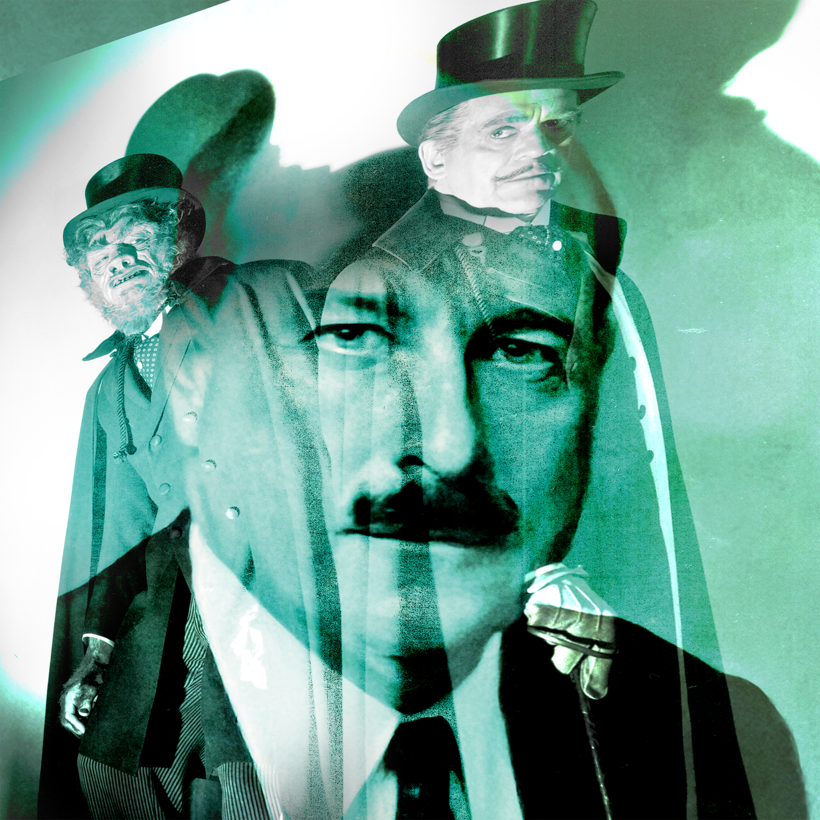From the time he first stole the name, Nicholas “Rocky” Rockefeller knew the storied family had a special connection with China. Most of the half-dozen jerry-built corporations that he used to exploit the Rockefeller name were connected to the country, which he visited more than 20 times.
Among Nick’s proudest possessions was an antique kerosene lamp that he displayed inside a glass case at the entry to his Century City offices, one of around eight million that the Rockefellers offered as promotional gifts to Chinese peasants more than a century ago.


